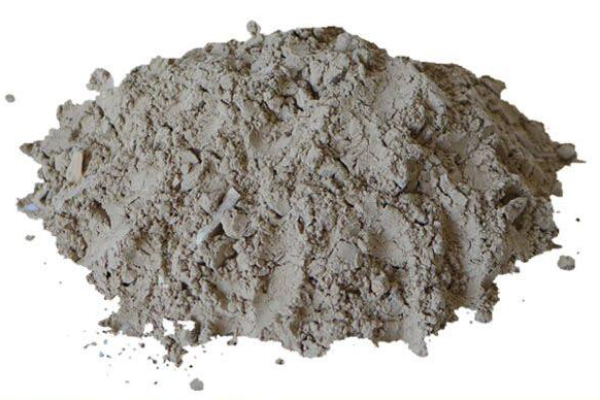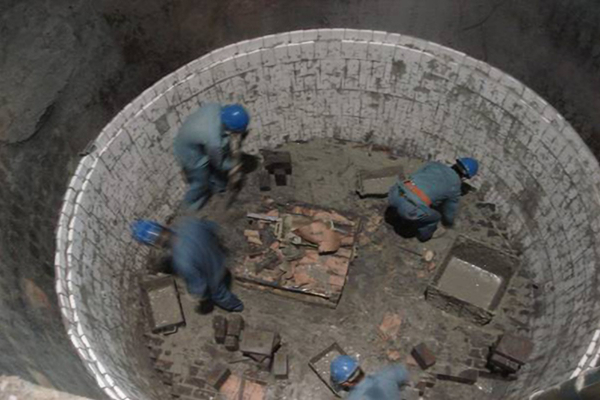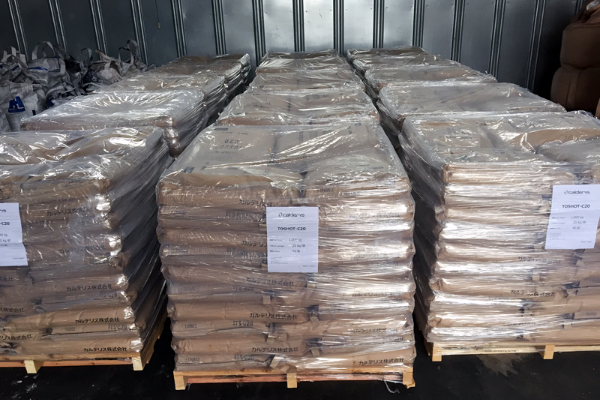Calculation method of refractory cement mortar dosage
As a commonly used refractory material, accurately calculating the amount of refractory cement mortar is crucial to the construction quality. This article will introduce the method and precautions for calculating the amount of refractory cement και mortar to help users in the industry better apply it in actual projects.
How to calculate the amount of refractory cement mortar?

- Determine the construction site: First, you need to determine the construction site of the refractory cement and mortar, such as the furnace, flue, hot air furnace, και τα λοιπά. The amount of high-temperature mortar cement in different parts will be different.
- Calculate the surface area: Calculate the surface area to be covered according to the shape and size of the construction site. Common calculation methods include direct measurement, drawing calculation, or the use of calculation software.
- Determine the thickness: Determine the required mortar thickness according to the use requirements of the refractory cement mortar and the characteristics of the construction site. Generally speaking, the thickness of the refractory cement and mortar should meet the design requirements and take into account the construction process and actual conditions.
- Calculate the amount: According to the surface area and thickness, use the following formula to calculate the amount of refractory cement mortar:
Amount (kg) = surface area (㎡) × thickness (mm) × unit volume mass (kg/㎥) - Consider wave loss and waste: When calculating the amount, it is necessary to consider the wave loss and waste factors. Generally speaking, according to experience, the amount can be appropriately increased by 10% to deal with wave loss and waste during construction.

Precautions for high-temperature mortar cement
- Choose the right refractory cement mortar: Choose the right refractory cement according to the requirements of the construction site and the characteristics of the engineering environment. Different kiln cement mortars have different refractory properties and construction characteristics and need to be selected according to actual conditions.
- Control the construction quality: The construction quality of high-temperature mortar cement directly affects the refractory performance. During construction, pay attention to controlling factors such as the proportion of mortar, mixing uniformity, and construction thickness to ensure that the construction quality meets the requirements.
- Pay attention to the construction environment: The construction environment of kiln cement mortar has an important influence on its performance and construction effect. During the construction process, pay attention to factors such as ambient temperature, humidity, and ventilation to avoid adverse effects on construction quality.
- Keep good construction records: During the construction process, keep detailed construction records, including information such as dosage, proportion, construction process, and construction quality. These records are very important for subsequent maintenance and management.

 Rongsheng Refractories Factory
Rongsheng Refractories Factory
WeChat
Σαρώστε τον κωδικό QR με το wechat